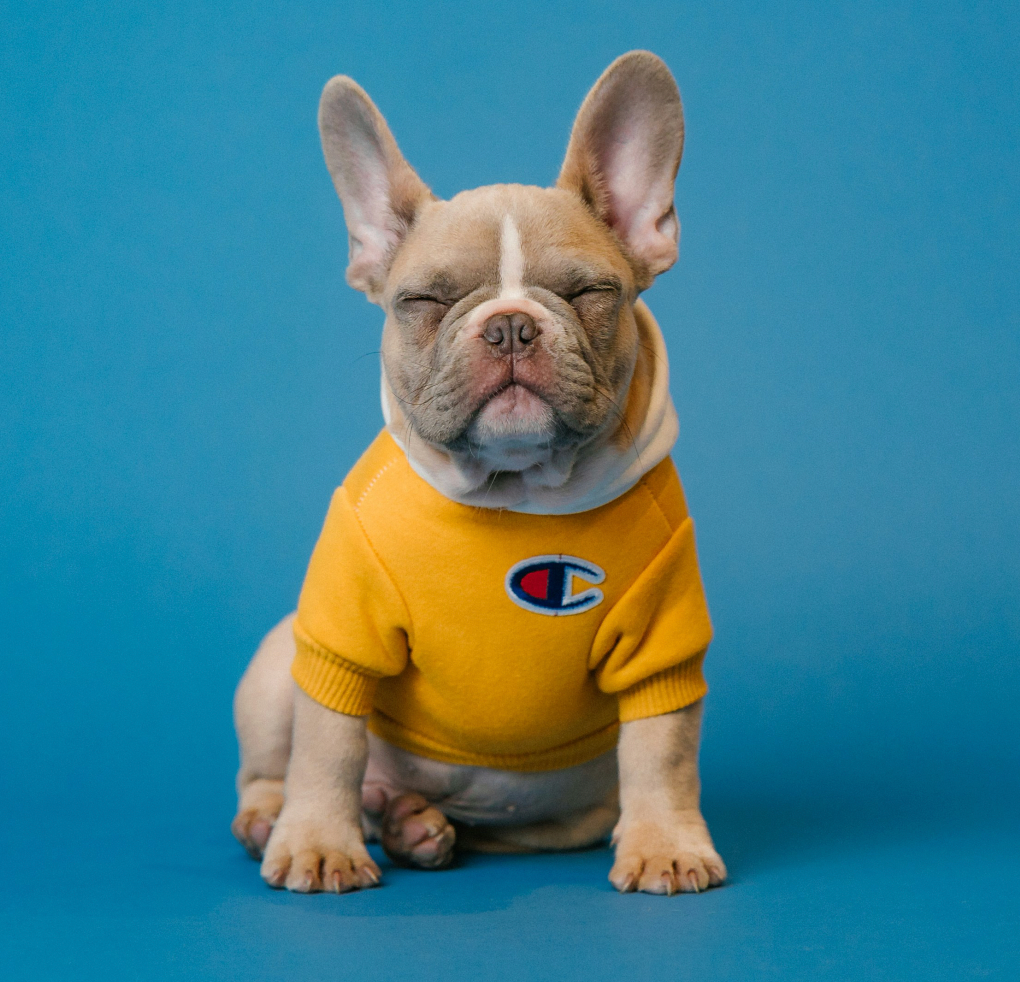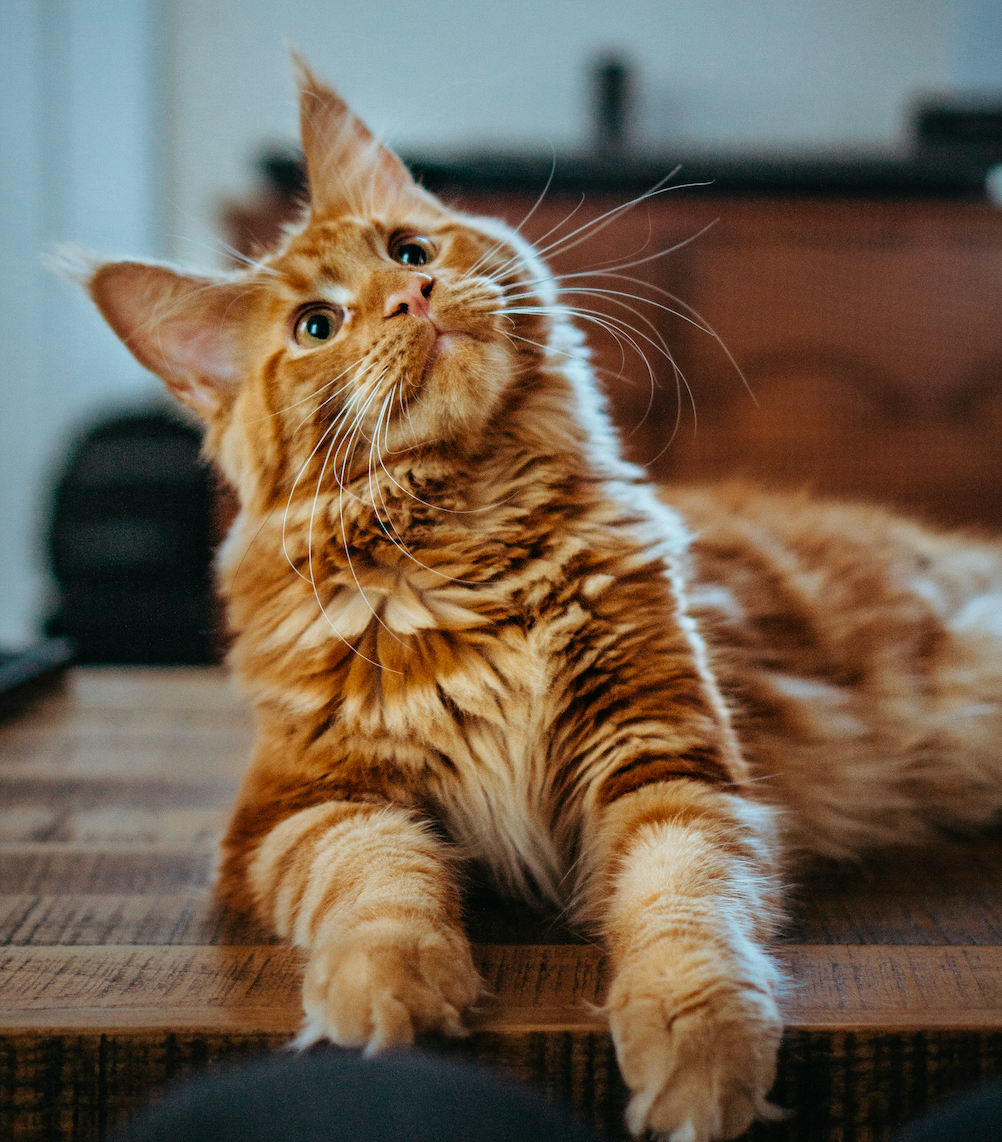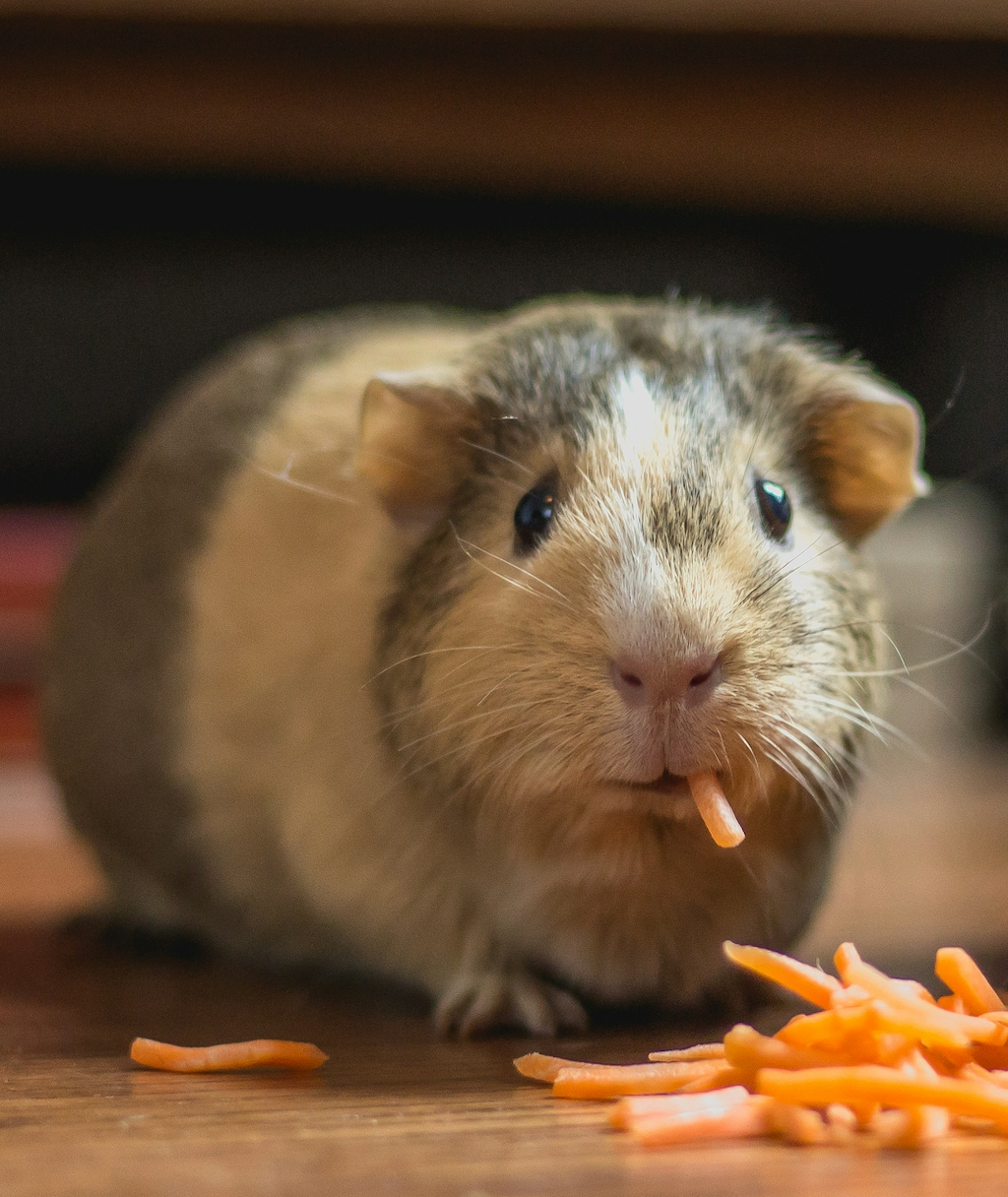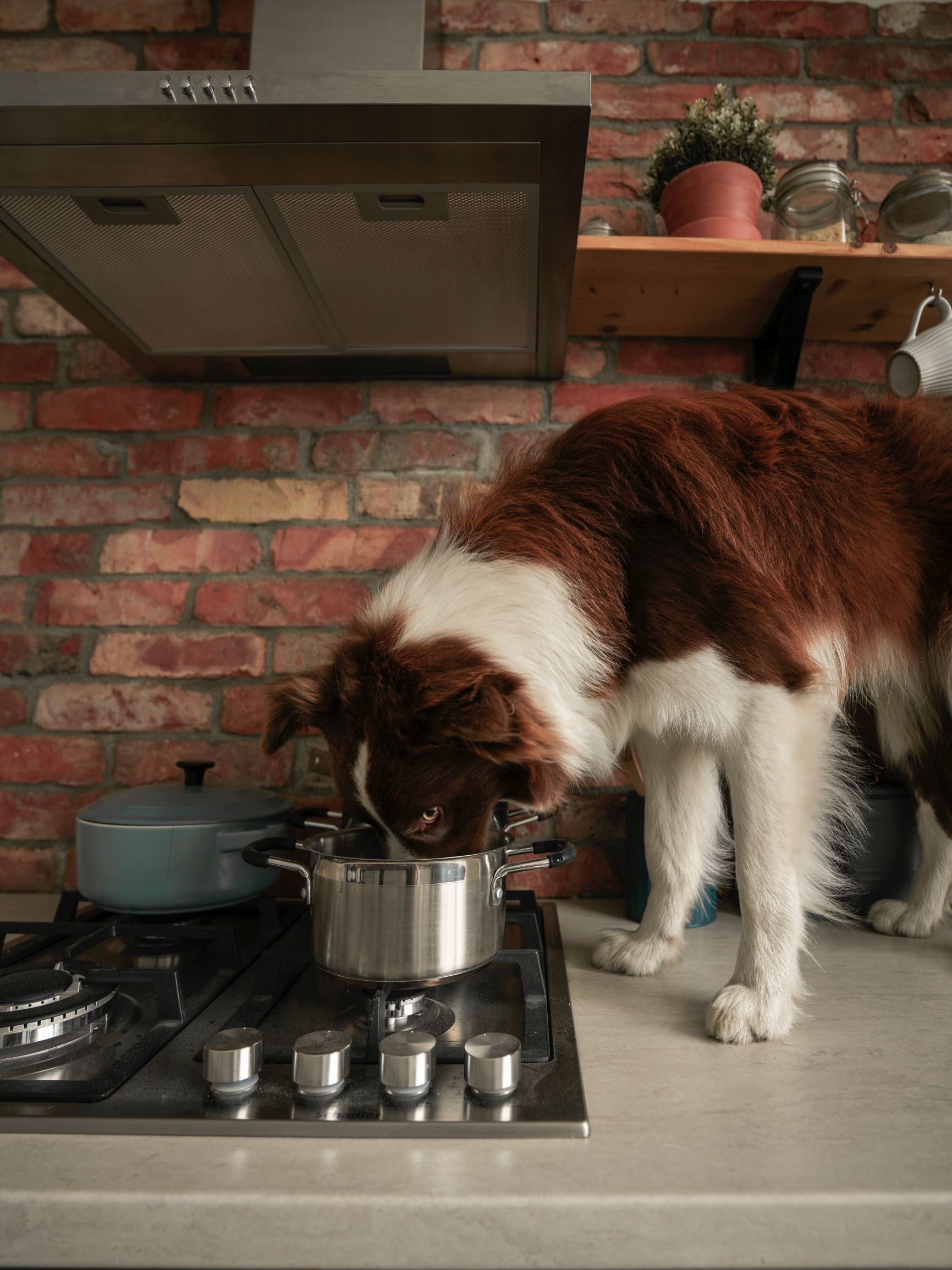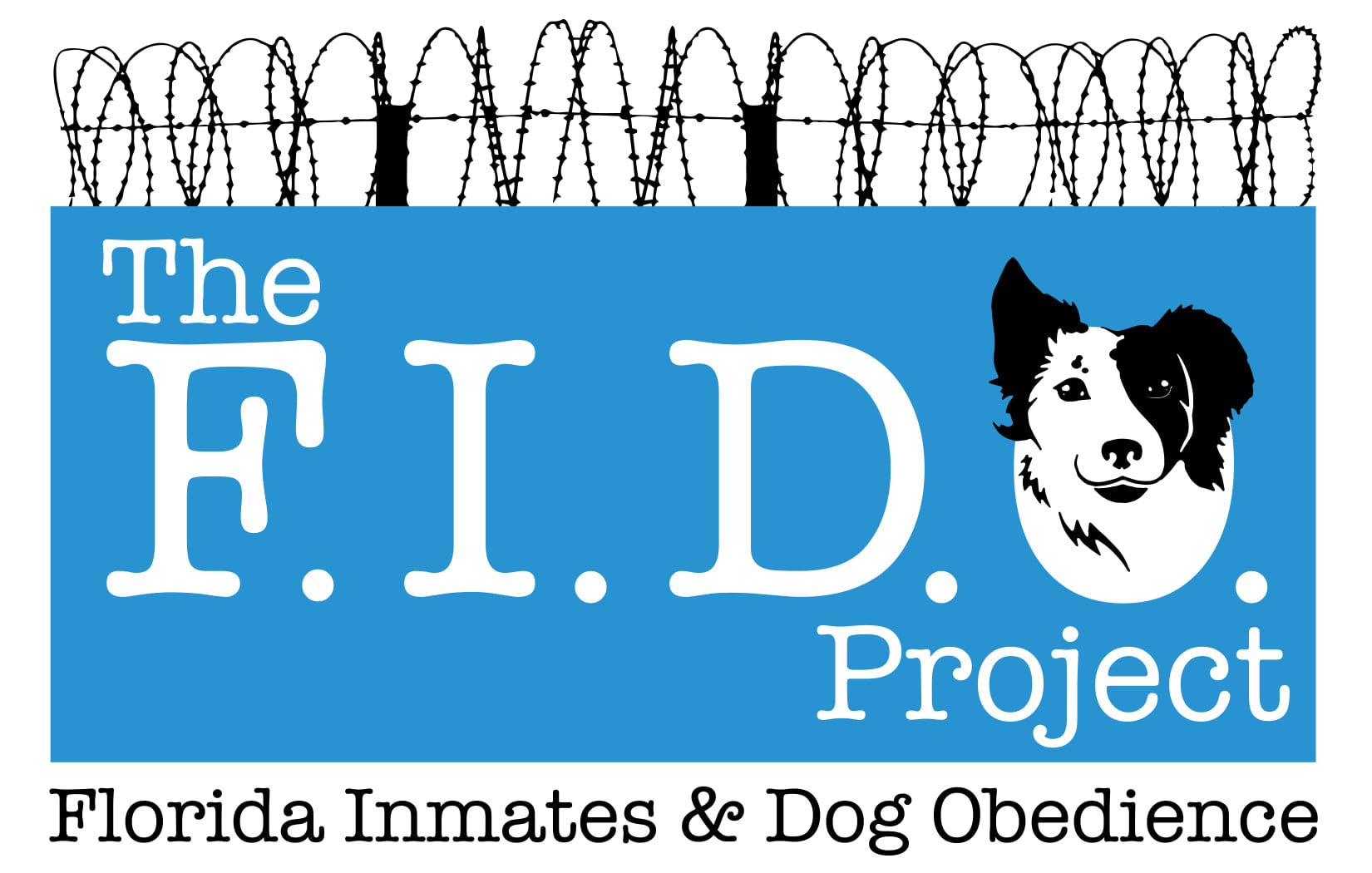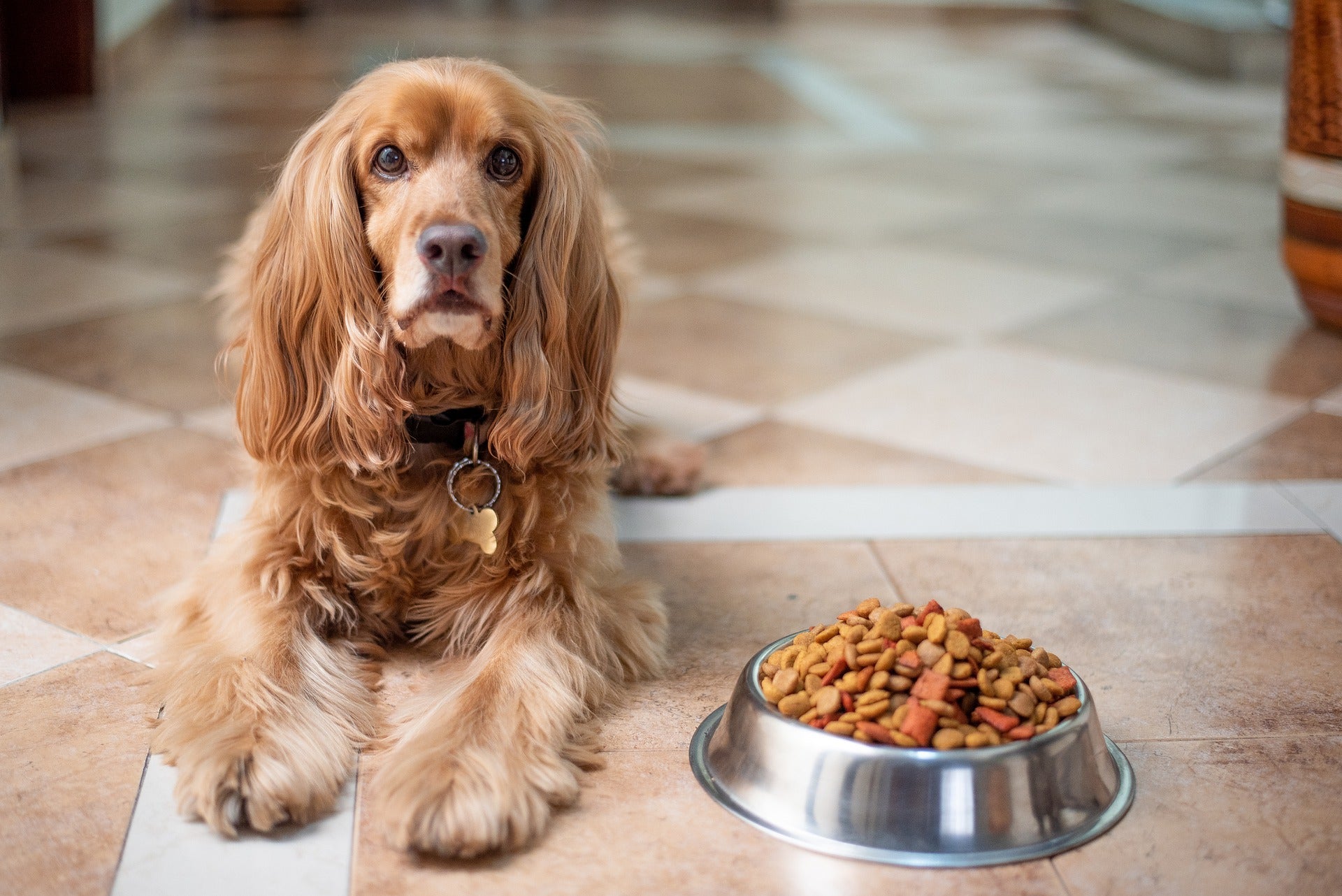
Evidence to support raw dog (pet) food feeding
Dog’s digestion is designed to take care of things like salmonella, in a “normal, healthy pet” even though all commercially sold pet food in the U.S. must comply with the FDA’s zero tolerance policy for...
Dr. Becker has written another excellent article on pet food. As she points out, it is critical for pet owners to understand that salmonella contamination is primarily a “threat of salmonellosis [is] to them [pet owners/guardians], not their pets”
Dog’s digestion is designed to take care of things like salmonella, in a “normal, healthy pet”. According to the latest FDA Announcement: “no illnesses, injuries, or complaints have been reported to date. However, if you know or suspect your pet may have consumed one of these dog foods, it’s a good idea to consult with your veterinarian [even if your furry family member seems fine].”
But, as Dr Becker points out “All commercially sold pet food in the U.S. must comply with the FDA’s zero tolerance policy for salmonella, including raw food diets. Many commercially produced raw food diets have undergone high pressure pasteurization (HPP), meaning the food is sterile (zero bacteria present); it’s the safest food on the market, despite the fact that fresh food-illiterate veterinarians aren’t even aware this category of raw food exists.”
If you read a lot of Dr. Becker, you will notice that she is a well-versed pet veterinarian that focuses on the “cause” of the problem, not the medicine to fix it. In her words she is “proactive and integrative wellness veterinarian”. The majority of vets do not have the nutritional training that Dr. Becker has, so they don’t understand the significance of a recall of this nature. Many vets have one week of “nutritional” training, and that is usually sponsored by a pet food the carries a “prescription diet”. Many of our pet parents will go to the vet, and get some nutritional recommendations, then come to us and ask if we have something that will do the same WITHOUT all the chemicals and the “ultraprocessed” things that Dr Becker speaks of.
We do recommend keeping up with the news in case something really dangerous comes along, but when you shop at Mr Mochas Pet Supplies, you can be assured that we will keep you up to date if something does need your attention. When we ask for your phone/email when you come into the store, it is not that we are being nosey, but IF there was a recall on one of the products you purchase, we would be able to reach out to you and let you know how to proceed, We provide that piece of mind to you, as a service.
The highlights of the story are below, as well as a link to Dr. Becker’s articles. If you have any questions, we will be more than happy to help you at the store.
STORY AT-A-GLANCE
- Yet another brand of ultraprocessed pet food has been voluntarily recalled for potential salmonella contamination; despite the FDA’s focus on raw pet diets, ultraprocessed diets continue to be the most-recalled products
- This time around, the recall involves Sunshine Mills dog food products, including their Sportsman’s Pride, Sprout Sporting, Intimidator, and FRM Gold Select brands
- While salmonella contamination is the leading cause of ultraprocessed pet food recalls, dog and cat guardians should be aware that the primary threat of salmonellosis is to them and not their pets
- Healthy dogs and cats can naturally carry some salmonella in their GI tracts, and their bodies are designed to handle the heavy bacterial load typically found in the diets of wild carnivores
- There are commonsense steps pet parents can take to keep two- and four-legged family members safe from the threat of salmonella exposures and infections
Dr Becker’s helpful hints,
Helping Your Pet Avoid a Salmonella Infection
|
Feed a nutritionally optimal, fresh, whole, species-specific diet that is free of genetically modified ingredients (GMOs) |
|
If you feed non-HPP raw, freeze the meat or meat mixture in individual serving-size packets for at least 3 days before serving; defrost in the refrigerator overnight |
|
Use safe food handling techniques; clean and sterilize all utensils, bowls, surfaces, and equipment after each use |
|
Discard any uneaten fresh food after 30 minutes |
|
Minimize the drugs your pet takes, including vaccines |
|
Reseed the gut during and after antibiotic therapy with a probiotic; it's also a good idea to maintain your dog or cat on a daily probiotic to balance the ratio of good to bad bacteria (gut flora) |
|
Help your pet's body get the most out of the food you feed by offering a good-quality digestive enzyme |
Safe Handling of Ultra processed Pet Food
The following are some simple, commonsense steps you can take to ensure your human family members aren’t exposed to salmonella (or otherwise) contaminated pet food or surfaces:
|
Wash your hands thoroughly after handling any pet food or treats |
|
Don't allow very young children, elderly people or those who are immunocompromised to handle pet food or treats |
|
Keep all pet foods and treats away from your family's food |
|
Do not prepare pet foods in the same area or with the same equipment/utensils you use to prepare human foods |
|
Wash pet food bowls after each meal |
|
Don't allow pets on countertops or other areas where human food is prepared |
|
Feeding pets in the kitchen can be a source of salmonella infection, so feed yours in an area other than your kitchen, or as far away from human food preparation areas as possible |

